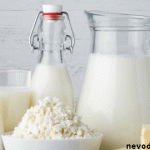Postmenopausal women are often told to consume more than 1,500 mg of calcium daily to reach neutral bone balance. But new research suggests this recommendation should be revised, finding no connection between dietary calcium intake and postmenopausal bone loss…







